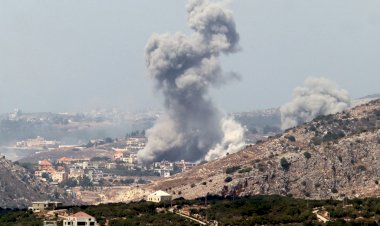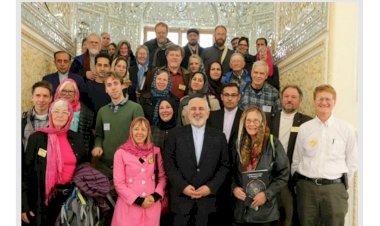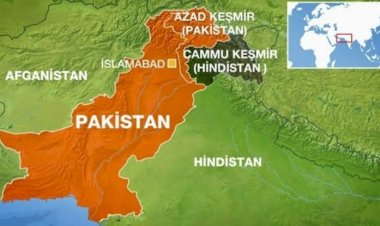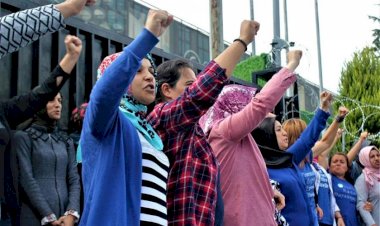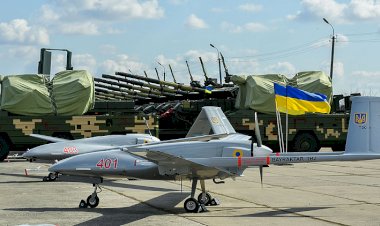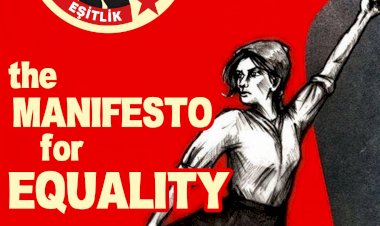An Electoral Present for Erdoğan: Qur’an-burning Protests and the Far-Right Current in Nordic Countries
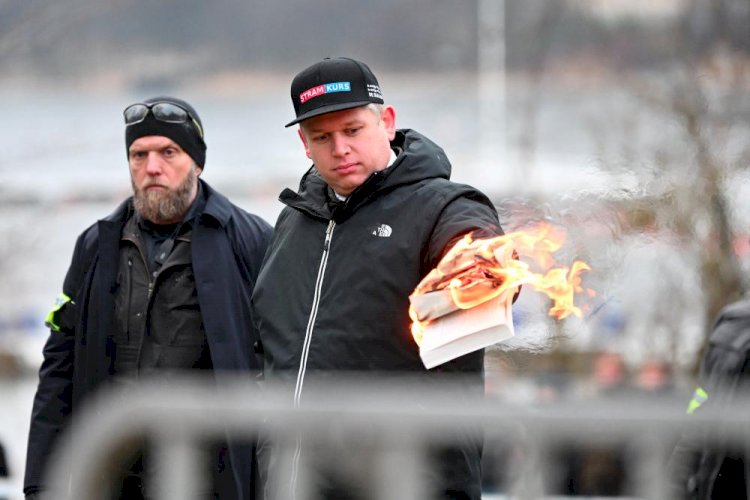
The Qur'an burning demonstration initiated by Rasmus Paludan, the leader of the Danish far-right Stram Kurs (Strict Direction) group, in front of the Swedish Embassy in Turkey, was followed with new demonstrations. First, the demonstration was repeated by the Dutch leader of the far-right Pegida, Edwin Wagensveld, in front of the Dutch parliament; then, Paludan repeated this demonstration, this time in Copenhagen. While many countries around the world condemned the act, the issue naturally resonated with the Turkish public.
Of course, there are tangible reasons as to why the right-wing extremists in the ruling bloc enthusiastically jumped on the treat offered on a golden platter.
First of all, it is one of the hallmarks of the AKP government, just like other far-right movements, to agitate in such areas of religious and cultural conflict. Especially as Turkey enters the electoral period… In this process, Erdoğan needs a load of arsenal, both economic and political. It is not easy: For the authority of the government, the economy, which is in a downward spiral, must be stabilized until the elections without completely crashing, and the public's attention must be kept away from the economy as much as possible. To some extent, these Islamophobic demonstrations rising in Europe create a suitable ground to be used for this purpose.
Another point is that these demonstrations coincided with a period when Sweden, which is in the process of membership to NATO, had to deal with the ambitions of the Erdogan regime… While negotiations that lasted 8 months were inconclusive due to the existing problems with Sweden and Finland (especially on the topics of support for the Kurds, the continuation of the arms embargo against Turkey after the Syrian conflict in 2019 etc.), the tripartite mechanism meetings, during which Sweden and Finland’s membership to NATO was negotiated, were cancelled indefinitely due to the recent inaction towards Paludan’s Qur’an burnings.
Far Right Current in Northern Europe
After the Qur'an burning incidents, the power of the extreme right in the Nordic countries, which have always been mentioned with their social welfare and democracies until now, must also be addressed. Of course, far-right movements are not a new phenomenon in these countries. These movements can be traced back to the 1950s for Finland and the 1970s for Norway and Denmark; however, until the last ten years, their power was far from being decisive on their countries’ politics. When the neo-Nazi Andreas Breivik murdered 77 people in 2011, this massacre was deemed an exceptional development. However, in later years, far-right movements have become a danger that cannot be underestimated for the Nordic countries. While the far-right Sweden Democrats were the second party with 20.5% of the votes in the elections held last September, they became the center of Swedish politics by supporting the liberal-conservative minority government led by the Moderate Coalition Party. It should also be noted that it has achieved remarkable electoral successes in other Nordic countries as well.
The acceleration of migration movements in the world, especially in the last decade, has been an important factor in the strengthening of the extreme right in countries such as Sweden and Denmark. Every year, millions of people from conflict areas such as Syria, Libya and Afghanistan seek ways to go to Europe. According to United Nations High Commissioner for Refugees (UNHCR), 100 million people were displaced worldwide in 2022 alone, of which 32.8 million are refugees. Nordic countries, especially Sweden, were among the favorite routes of this immigrant influx; however, it should be underlined that, with the explosion experienced after 2015, these countries did not approach immigrants as friendly as before. Since that year, while there have been serious restrictions in the number of refugee admissions; one of the first actions of the right-wing government established in October in Sweden was to implement the Tidö Agreement, which was brought to daylight by the Sweden Democrats. Pursuant to the agreement, while the refugee quota was reduced from 5,000 to 900, practices such as ending the permanent settlement permit system and sending back migrants who could not adapt are also expected to be on the agenda.
These reactionary reforms reveal the political decisiveness of the far right. Especially with the deepening of the capitalist crisis around the world and the decline in living standards, the political line built on the arguments that immigrants erode the welfare societies and that they are responsible for the increase in crime rates brings the extreme right into the center of attention. The parallel between the increase in the number of immigrants and the strengthening of the negative trend in the survey on how immigrants affect Swedish society below reflects how the influence of the far right has expanded. This is one of the reasons why the vote rate of the far-right Sweden Democrats, which was 5.7% in 2010, has exceeded 20% in the period between then and now…
The main reason that enabled the far right to use xenophobia is that the erosion welfare states built after World War II in a way that gave rise to serious inequalities. The social cuts implemented since the 90s have also removed many of the privileges that the societies of these countries enjoyed in the past. For example, according to World Bank data, while the share of the richest 10% of the population in Sweden in 1990 was 23.6% of the national income, this rate increased to 30.6% in 2013. Moreover, for most of the period when this meltdown took place, social democratic governments were in power. In a way, the gluttony of the social democrats in implementing neoliberal reforms highlighted the far right, which responded with reactive rhetoric to the demands and grievances of the lower classes.
Of course, the far right has gone beyond being specific to only Sweden or Nordic countries, they are now decisive across Europe. While today's world is starting to open the doors of power to movements that do not need to hide their neo-Nazi past and love for Mussolini; these actors create a wind that inflates each other's sails. The strengthening of the far right in Sweden and Northern Europe, for example, can also become Erdogan's luck, thanks to its Islamophobic character. At the same time, it can deepen splits within the anti-Russian bloc, obscuring Sweden's chances of joining NATO, all serving Putin. For this reason, it becomes even more meaningful that Russia's name is mentioned in many places, from its interference in the 2018 US elections, in which Trump was elected, to the funding of Paludan's Qur'an demonstration.
Finally, it should be emphasized that the historical crisis processes we are in lead to the extremes of political tendencies, to the extent that they open the door to extraordinary events. This steering wheel was going to break either to the right or to the left at some point. Unfortunately, it was the extreme right that turned this crisis into an opportunity, as socialist movements faced this crisis with their own internal crises. However, it is necessary to see that opportunities are coming to us that will turn this picture around the world. While class struggle and revolts are spreading in many places from Latin America to the Middle East, it is necessary to increase the steps taken for the international construction of the socialist vanguard. All kinds of ethnic, religious and sexual contradictions that open the door to the extreme right can only be overcome by building the internationalist revolutionary vanguard of the proletariat.




